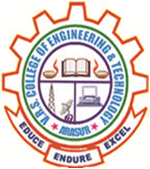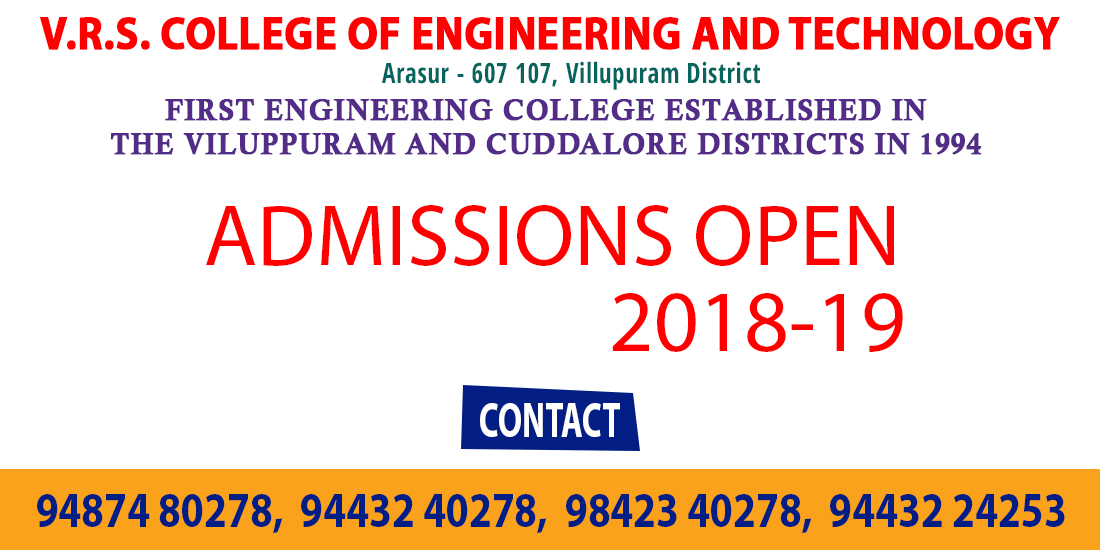CODE OF ETHICS
OBJECTIVE
To promote research activities, research publications and prevent the malpractices and plagiarism.
INTRODUCTION
- In academics,sometimes the teachers and students use others data in their research and research publications. As we know that, Ethics and plagiarism are two most important components in the research and research publications, it has become mandatory for the institute to frame some rules and procedure, else it may harm the culture of the institute.
- Apart from regular academics activities, faculties are doing their research publications, course work, thesis for higher education, research proposals, book publications/ contribution in chapters.Students also do their work in journals publications and project report and it should go through the process of checking the malpractice and plagiarism.
- It is the responsibility of individual and the guides to do the original work. Students and teachers/researcher should aware about the various tools available to check the plagiarism.
1. PLAGIARISM
- Authors who present the words, data, or ideas of others with the implication that, they own the same, without attribution in a form appropriate for the medium of presentation, are committing theft of intellectual property and may be guilty of plagiarism and thus of research misconduct.
- If there is a word-for-word copying beyond a short phrase or six or seven words of someone else’s text, that section should be enclosed in quotation marks or indented and referenced, at the location in the manuscript of the copied material, to the original source.
1.1 THE COMMON TYPES OF PLAGIARISM
- There are different types of plagiarism and all are serious violations of academic honesty. We have defined the most common types below and have provided links to examples.
- Direct Plagiarism: Direct plagiarism is the word-for-word transcription of a section of someone else’s work, without attribution and without quotation marks. The deliberate plagiarism of someone else’s work is unethical, academically dishonest, and grounds for disciplinary actions, including expulsion.
- Self Plagiarism:Self-plagiarism occurs when a student submits his or her own previous work, or mixes parts of previous works, without permission from all professors involved. For example, it would be unacceptable to incorporate part of a term paper you wrote in high school into a paper assigned in a college course. Self-plagiarism also applies to submitting the same piece of work for assignments in different classes without previous permission from both professors.
- Mosaic Plagiarism: Mosaic Plagiarism occurs when a student borrows phrases from a source without using quotation marks, or finds synonyms for the author’s language while keeping to the same general structure and meaning of the original. Any kind of patch writing(kind of paraphrasing), whether intentional or not, is academically dishonest and punishable.
- Accidental Plagiarism: Accidental plagiarism occurs when a person neglects to cite their sources, or misquotes their sources, or unintentionally paraphrases a source by using similar words, groups of words, and/or sentence structure without attribution. Students must learn how to cite their sources and to take careful and accurate notes when doing research. Lack of intent does not absolve the student of responsibility for plagiarism. Cases of accidental plagiarism are taken as seriously as any other plagiarism and are subject to the same range of consequences as other types of plagiarism.
2. CODE OF ETHICAL VIOLATION
- The college monitors teachers and students to follow the highest standards of integrity in their conduct of academic research and supports their academic research activities, which include the following:
- In the event of the teachers/students attending/participating in any conference, permission must be sought from the Principal, highlighting the purpose of the visit.
- Use of appropriate plagiarism checks- both manual and technical such as, use of software to catch instances of plagiarism during review; Plagiarism must be less than 20%.
- Open source link for plagiarism check online:
- https://smallseotools.com/plagiarism-checker/
- https://www.duplichecker.com/
- https://www.quetext.com/
- https://www.grammarly.com/plagiarism-checker
- https://edubirdie.com/plagiarism-checker
- https://www.bibme.org/grammar-and-plagiarism/
- https://www.prepostseo.com/plagiarism-checker
- https://papersowl.com/free-plagiarism-checker
- https://www.plagscan.com/plagiarism-check/
- https://www.plagramme.com/
- Paper should be published in reputed journals, good citation index, and recognized by the Anna University and UGC.
- Research must be original
- Publishing unidentified findings, tests and outcomes, use of fraudrant data to support the outcome of the research
- Our college also organizes conferences and seminars on emphasizing the standards to be followed relating to plagiarism
- We also keep our teachers and students informed of appropriate guidelines for publication in various journals, including those recognized by the Anna University and UGC
- Our library is stocked with renowned journals from the world over, acting as a mirror for quality research and writing, for our teachers and students
3. MONITORING COMMITTEE
- The Monitoring Committee which comprises a team of four members will monitor and take care of the issues and complaints regarding the plagiarism and will submit the report after thorough investigation and recommends the disciplinary action to be imposed within a stipulated period from the day of compliant.
- The member comprises:
- Chairman: Dr. N. Anbazhaghan, Principal.
- Secretary: Prof. J.K.JothiKalpana, Member Coordinator (R&D).
- Coordinators: Dr. J. Joseph Ignatious, Professor. & Dr.G.Perumal, Professor.











